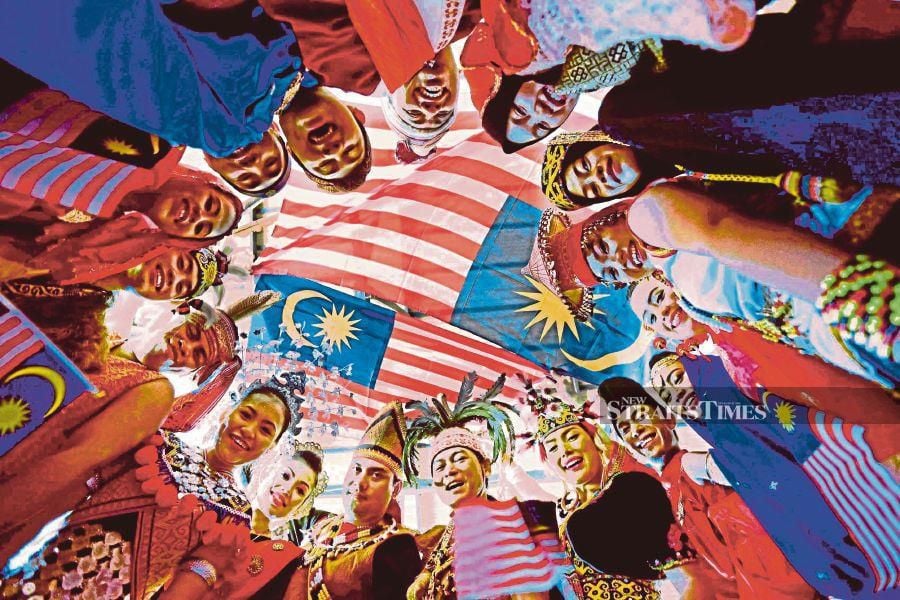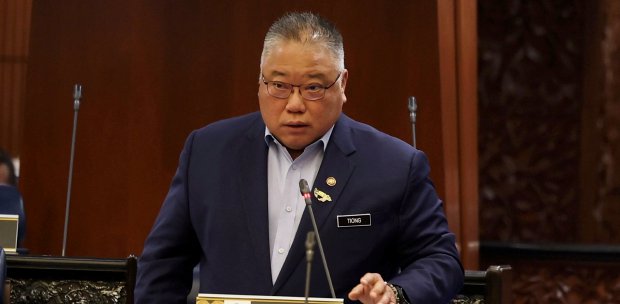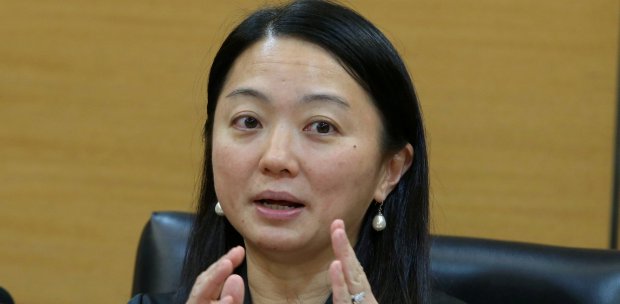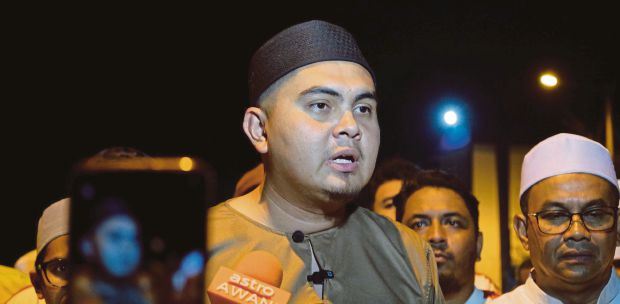MALAYSIANS in Sabah and Sarawak are celebrating an unusually long weekend of feasting and merry-making with their respective harvest festivals, called Kaamatan in Sabah (May 31st) and Gawai in Sarawak (June 1st and 2nd).
These will be followed by the weekend and the added bonus of an extra public holiday on Monday, being the king's birthday.
In recent years, both festivals have slowly but surely seeped into the national consciousness, best exemplified by Prime Minister Datuk Seri Anwar Ibrahim personally in joining Kaamatan celebrations in Sabah and coming over for Gawai later next week. There have even been calls to make the two festivals national holidays.
All these are hopeful signs of the long journey towards national integration coming in to a safe and welcome harbour. They are, above all, pointers towards a thirst by Sabah and Sarawak natives for national recognition and a sense of belonging to this one nation we all share.
Ways to speed up Malaysians from the Borneo states joining the national mainstream should be an unalloyed national imperative, although, given the already surfeit of national holidays, adding even more must be weighed more carefully and probably can wait until such time when Sabahans and Sarawakians are more fully woven into the national fabric.
To be sure, there will still be the occasional pull and inevitable tear before this colourful and multicultural fabric like few others called Malaysia cohere into something we can all be truly proud of. We are, in fact, currently in the midst of just one such challenge.
The "Allah" issue has been brewing and simmering for decades. The Christian Bumiputeras in Sabah and Sarawak, for whom Bahasa Malaysia has been the lingua franca long before Malaysia was even born have, like their Christian Arab and Christian Indonesian counterparts, been worshipping "Allah" since time immemorial.
They, not unreasonably, believe this to be within their guaranteed constitutional rights related to freedom of worship. Much greater sense of wisdom and restraint must prevail .
The unity government had been caught in an almost hopeless bind over the issue which is not of its making. To appeal or not to appeal the existing court ruling affirming that the traditional and customary use by Christian natives of Sabah and Sarawak of the term "Allah" is covered by constitutionally-sanctioned protection of freedom of worship.
The decision whether to appeal is so Solomonic in scale that few will fault the months-old unity government if it had demurred. That it decided in the far greater good of the nation as a whole has now been matched by the reciprocal decision of Sabah Christian natives to discontinue their own appeal over the same issue.
We must learn from this episode to be doubly vigilant all round, lest one ill-considered action or even a mere utterance leads to a reaction and cascades inexorably down a path from which extricating becomes most delicate and difficult.
Even more so when the nation faces rather fraught political and economic circumstances. Politicians, especially the opposition, must be careful not to lead the nation to the edge of a perilous abyss.
In a democracy that we always aspire to make more perfect, we have to recognise that issues politicians bring up are often less to exploit particular issues as to legitimately represent existing views and concerns of people.
Identity issues such as those related to race or religion are present in all countries. The trick for us is not to ignore them but to resolve differences amicably, behind closed doors, if possible.
We can now hopefully bury this latest unfortunate chapter through a compromise all can live with and move forward with the unending task of nation-building.
The writer views developments in the nation, region and wider world from his vantage point in Kuching






